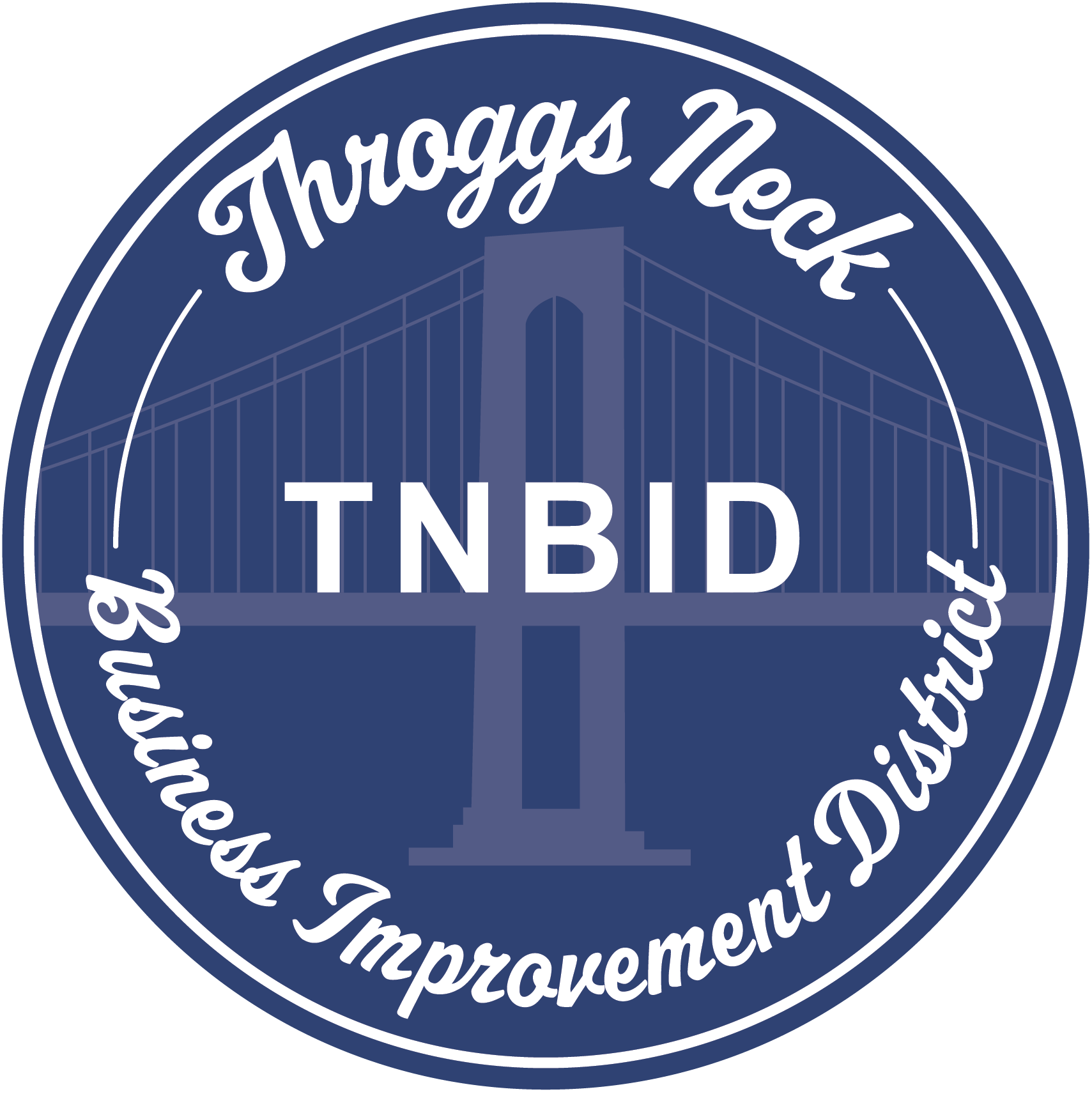There is yet another FILING REQUIREMENT from NYC: The NYC Storefront Registration Requirement.
Local Law 157 of 2019 required the Department of Finance (DOF) to implement a storefront registry within one year of the effective date of the law (November 21, 2019).
Under the new law, owners of ground-floor or second-floor commercial premises that are visible from the street and accessible to the public directly from the street or from the interior of a building are required to file an annual registration statement providing information about the spaces. The requirement applies to commercial premises that are occupied or used, or could be occupied or used, for the purpose of offering or selling goods at retail. This includes restaurants and service-sector firms operating in storefront spaces.
TAX CLASS TWO AND FOUR PROPERTIES
As required by the local law, DOF will link the submission of storefront information to the Real Property Income & Expense (RPIE) statement that most landlords of tax class two and four income-producing properties with assessed values greater than $40,000 are already required to file with the department by June 1 each year. The registry submissions will begin with the upcoming RPIE filing season, which starts mid-February 2020 and ends June 1, 2020.
In addition to property owner information and basic descriptive information about the premises, tax class two and four owners of storefront spaces are required to provide for each commercial premises information about all occupancies or vacancies that have occurred during the 12 months preceding January 1 of the year in which the storefront registration statement is filed.
The following information is required for leases of commercial premises in storefront spaces:
the start date and expiration or renewal date of each such lease;
whether scheduled rent increases are contained in the lease;
information on lease concessions granted to the lessee, if any;
the average monthly rent per square foot charged for the premises for the 12-month period, excluding any period that the premises was not leased to a tenant; and
the type of economic activity conducted at the premises.
For an owner occupying the commercial premises, the following information is required:
the start date and end date of an owner’s occupancy; and
the type of economic activity conducted at the premises.
For any vacancies at the commercial premises for any time during the 12-month period, the property owner must provide the start and end date of each vacancy, and whether the premises was under construction or alteration during that time, including details about the projects.
For any commercial premises that was not leased to a tenant for the entire 12-month period, whether due to vacancy or owner occupancy, the property owner must provide the monthly rent per square foot paid by the most recent tenant, and, if vacant, whether the premises was under construction or alteration during that time, including details about the projects.
TAX CLASS ONE PROPERTIES
The law requires designated class one property owners to file an annual statement if their ground-floor or second-floor commercial premises was vacant or owner-occupied for any period during the 12 months preceding January 1 of the year in which the storefront registration statement is filed.
Designated class one properties are classified class one pursuant to section 1802 of the real property tax law as of January 1 of the year in which the owner registration statement is filed and located within a commercial district, as established in the New York City Zoning Resolution. Click here for the list of class one properties located within a commercial district.
For each of the ground-floor or second-floor commercial premises that was vacant or owner-occupied for any time period during the 12 months preceding January 1 of the year in which the storefront registration is filed, class one owners will be required to provide property owner information and basic descriptive information about the premises.
If the unit was leased to a tenant for any time in the 3 years before January 1st of the current calendar year, owners must provide the following:
the expiration date of the most recent lease;
the type of economic activity conducted by the most recent tenant;
the monthly rent per square foot under the most recent lease;
whether the premises has undergone construction or alteration during those three years and information on each construction project.
ADDITIONAL REGISTRY INFORMATION
Owners of ground-floor or second-floor commercial premises who meet the registry filing requirements and who fail to file an annual registration statement may be subject to penalties based on the prescribed penalties for failure to file an annual real property income and expense statement. The penalty can be assessed even if a property is not required to file a real property income and expense statement.
An annual fee will be charged for all registry filings to cover the cost of administering the program, except for class one properties or properties owned by not-for-profit organizations that are fully exempt from property taxation under sections 420-a or 420-b of the real property tax law, or properties owned by any federal, state, or local government agency.
Additionally, all class two and four owners of ground-floor or second-floor commercial premises who meet the registry filing requirements must file a supplemental registration to report any vacancies or ownership changes for the period from January 1 through June 30 of the year in which the storefront registration statement is filed. The supplemental registration is not required to be filed by designated class one property owners.
If you are required to register your storefront, visit www.nyc.gov/rpie.


